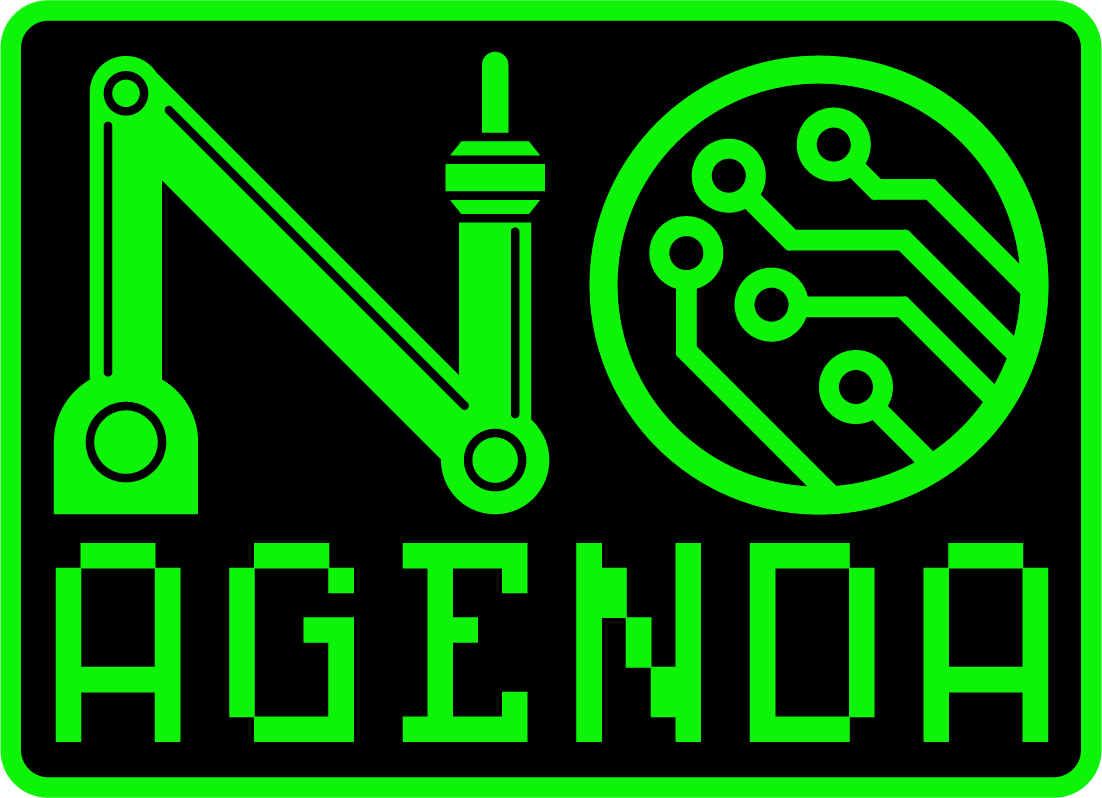| How stressed do you get about time? Let’s see if any of the following scenarios sound familiar: You get a late start, and the whole day you’re running behind You always feel rushed, to the point that you start to get panicky You look at your task list at the end of the day, and you’ve only finished half (or less!) of what you planned You constantly feel that time is slipping away In other words, you always think… There. Is. Not. Enough. Time. But what if you could reframe the way you think about time? And what if, by doing so, you could actually change your relationship with time? Well, you can. To do so, you have to first change the way you think about productivity. Toxic Productivity “Let’s be honest: Nobody really wants to live a productive life. We want to express ourselves, connect with others, and explore the world. Productivity is just a means to those ends; it should certainly not come at the expense of actually living life.” That’s a quote from Tiny Experiments, a book I’m reading by neuroscientist Anne-Laure Le Cunff. Anne-Laure argues somewhere along the way society’s ideas of productivity went wrong, to the point where we downplay the meaning of rest, reflection, and meaningful engagement. “Each project needs a clear outcome,” writes Anne-Laure. “Conversations become transactional. So-called unproductive moments of playful curiosity and quiet contemplation where our most profound insights can arise are eliminated.” Interestingly, Anne-Laure goes on to explain how the ancient Greeks had not one, but two words to speak of time: Chronos refers to quantity. This is the time of clocks and calendars, productivity tools and linnear goals. But then there’s Kairos. Kairos expresses the quality of time, as opposed to the quantity. It recognizes each moment as unique, rather than a fixed, mechanical unit. Anne-Laure describes moments of Kairos as those instants “suspended in time,” where you are caught up in the moment with loved ones, or deeply engaged in self-reflection. “Kairos,” she says, “is when you feel like this moment, right now, is perfect.” (Interestingly, the Japanese have a similar expression I’ve written about before: Ichi-go ichi-e, or “once in a lifetime.”) So, how can you reframe the way you think about time? I use the following questions: How important is it that I get everything on my task list done? How much time am I taking for the things that really matter—like spending time with loved ones? Or, taking time to think, recover, and recharge? What changes can I make to use my time more wisely, with the big picture in mind? To be clear, I’m a big believer in hard work. But I’m a bigger believer in sustainable work—and finding balance. Remember: Not everything you do will feel productive. And that’s ok. Meeting someone new may not reap an immediate, tangible benefit—but it may spark a new idea that turns into something great. Listening to a teammate, family member, or friend with a problem may leave your task list unfinished, but it will help build trust and a deeper relationship. And spending time relaxing, listening to music, or on a hobby, isn’t a waste of time; rather, it’s part of living a balanced, enjoyable life. So, instead of focusing on productivity, strive to see the unseen. See the Kairos moments. If you do, you’ll start to realize something important: You’re not running behind at all. In fact, you’re right on time. Talk soon, Justin |


Leave a Reply